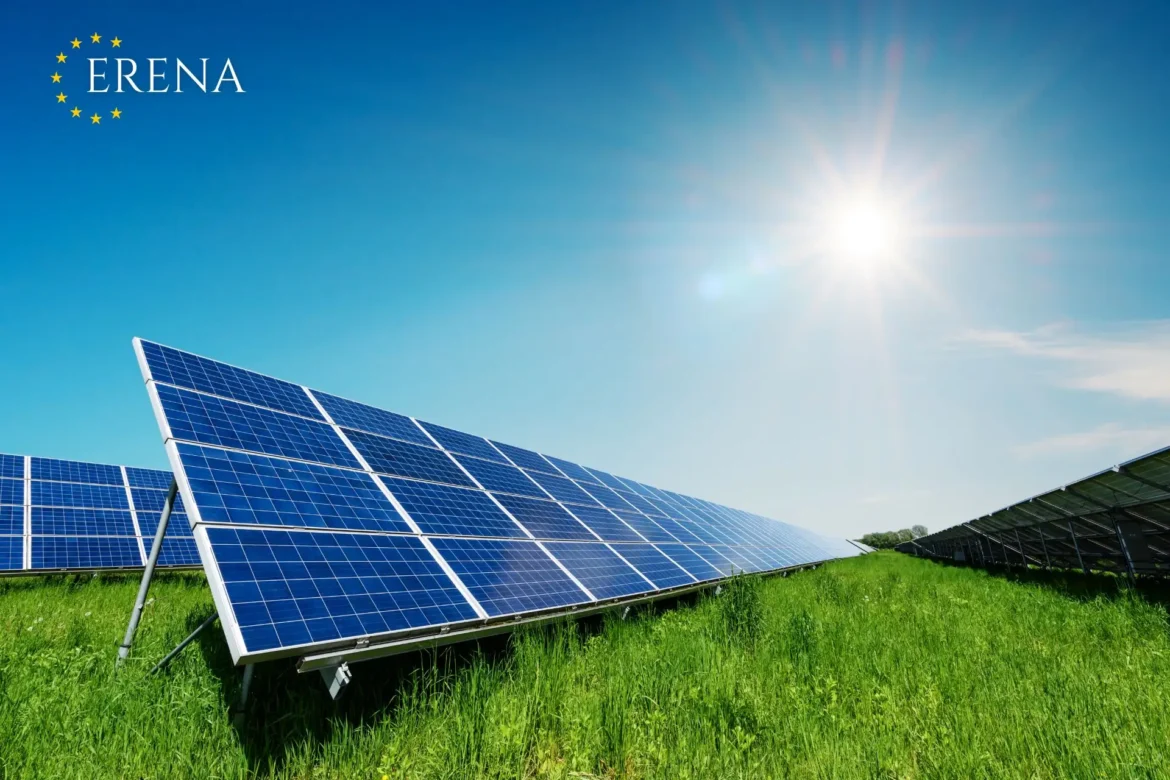System Size and Capacity
Residential solar systems typically range from 3 to 10 kW, meeting average household energy needs. Commercial installations often exceed 100 kW to accommodate higher energy demands, benefiting from economies of scale and flexible flat-roof mounting systems.
Cost Comparison
In 2025, residential solar in the US averages €2.75–€3.00 per watt, while commercial installations average €1.50–€1.80 per watt. Thus, a 5 kW residential setup costs around €13,500–€15,000, whereas a 100 kW commercial system is approximately €150,000–€180,000, excluding incentives.
Installation Complexity and ROI
Commercial solar systems are complex, involving detailed structural assessments and grid coordination, but offer quicker ROI due to favorable tax benefits. Residential systems typically recoup their investment in 7–12 years depending on location.
How Effective Are Solar Panels in 2025?
Energy Generation by Region
Solar panel efficiency varies based on regional sunlight exposure:
- Southern Europe/Australia: 1,200–1,400 kWh annually per kW installed
- Northern Europe/UK: 800–1,000 kWh annually per kW installed
Payback Period Examples
- Australia: 2–5 years
- United States: 7–10 years
- United Kingdom: 10–15 years
Solar panels typically last 25+ years, providing long-term savings and energy independence.
Solar Panel Pricing in 2025
Cost Overview by Region (Residential)
| Region/Country | Cost per Watt | Typical System Size | Approximate Total Cost |
|---|---|---|---|
| United States | €2.75–€3.00 | ~7 kW | €19,250–€21,000 |
| United Kingdom | €1.45–€1.75 | ~4 kW | €5,800–€7,000 |
| Australia | €0.55–€0.65 | ~6.6 kW | €3,600–€4,300 |
In the US, a typical 7 kW system costs between €19,250 and €21,000. UK homeowners typically pay €5,800–€7,000 for a standard 4 kW system, while Australians benefit from lower pricing at €3,600–€4,300 for a 6.6 kW system.
Potential Savings from Solar Panels
Monthly and Lifetime Financial Savings
Solar users can cut electricity bills by €80–€150 monthly, resulting in total savings of €25,000–€45,000 over 25 years.
Enhanced Property Value
Properties with solar energy systems typically sell for 4–6% more than comparable properties without solar.
Emerging Solar Technologies in 2025
Bifacial Solar Panels
These double-sided panels can produce up to 25% more energy by capturing sunlight reflected from surfaces, ideal for commercial use.
Solar Shingles
Solar shingles blend with standard roofing for improved aesthetics. They cost 2–3 times more than standard panels but are increasingly popular in high-end home markets.
Perovskite Solar Cells
Perovskite cells have achieved lab efficiencies exceeding 30%. Commercial availability is anticipated within the next two years.
Top Solar Panel Brands in 2025
- SunPower (Maxeon): High efficiency and premium quality
- Tesla: Modern designs and integrated solar roofs
- Jinko, Trina, LONGi: Global leaders from China
- Canadian Solar: Strong performance at reasonable prices
- REC, Q CELLS, First Solar: Innovative technologies and reliability
Key Solar Trends in 2025
Government Incentives
- United States: 30% federal tax credit and local rebates
- United Kingdom: 0% VAT on solar, Smart Export Guarantee payments
- Australia: Upfront rebates (STCs) and competitive feed-in tariffs
Battery Storage
Residential battery storage costs approximately €800–€1,000 per kWh. Paired with solar panels, batteries enhance energy independence and provide reliable backup power.
Smart Solar Systems
New solar systems include real-time monitoring, AI-driven optimization, and integration with virtual power plants for improved efficiency and user experience.
Pre-Installation Checklist
- ✅ Check roof condition and shading
- ✅ Analyze your energy requirements
- ✅ Investigate local incentives and requirements
- ✅ Review warranties and product quality
- ✅ Consider battery storage
- ✅ Get multiple quotes from reputable installers
Conclusion
Installing solar panels in 2025 is a wise investment for homeowners and businesses, offering financial savings, increased property value, and environmental benefits. With costs declining and technologies advancing, there’s never been a better time to go solar.
Ready to Go Solar?
Assess your home’s solar potential and request quotes from trusted local installers today. Transitioning to solar energy can significantly benefit your finances and the environment.

